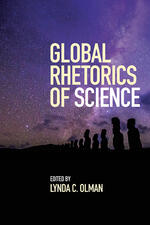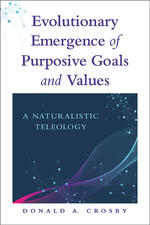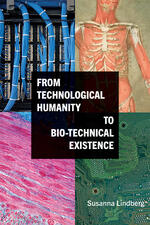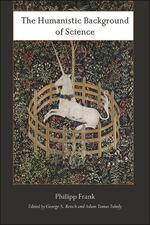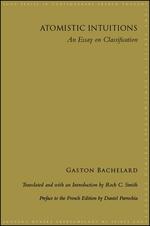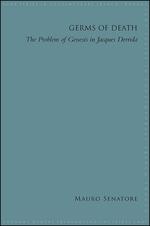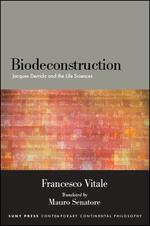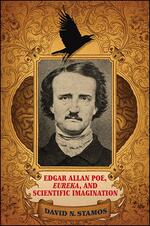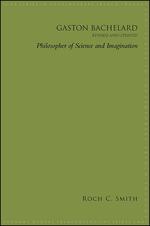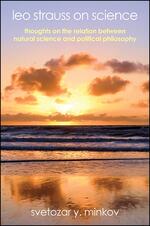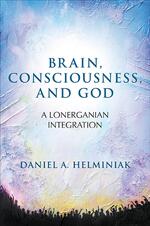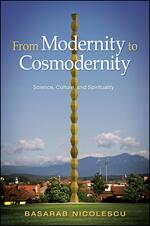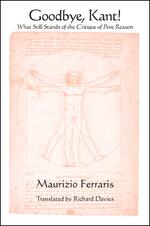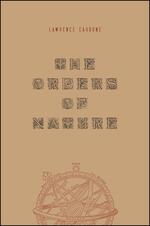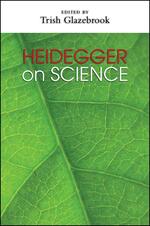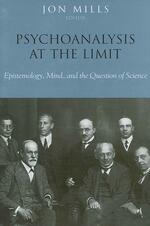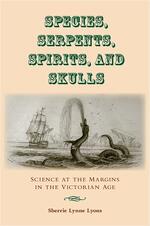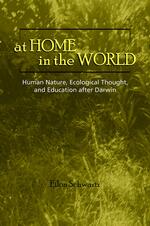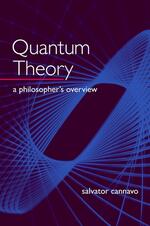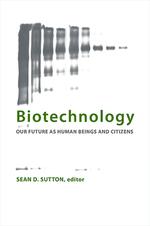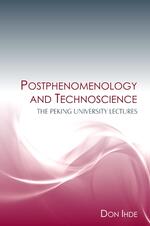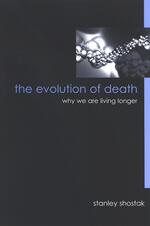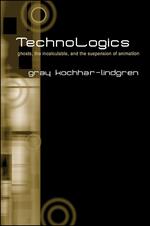Philosophy of Science
Global Rhetorics of Science
Takes a multicultural, interdisciplinary approach to the rhetoric of science to expand our toolkit for the collective management of global risks like climate change and pandemics.
Evolutionary Emergence of Purposive Goals and Values
Develops and defends a philosophical account of meaning, purpose, and value in human life and experience that is naturalistic without being reductionistic or scientistic.
From Technological Humanity to Bio-technical Existence
Explores the relationship between technics and humanity, tracing the emergence of a bio-technical conception of existence in contemporary continental philosophy.
The Humanistic Background of Science
The once-lost introduction to the philosophy of science by Philipp Frank (1884-1966), a leading member of the Vienna circle of philosophers and biographer of Albert Einstein.
The Hand of the Engraver
A rich intellectual encounter, revolving around the hands of the experimenter and those of the artist, highlighting the relation between the sciences and the arts.
Atomistic Intuitions
An English translation of Bachelard's sixth book, in which he seeks to develop a metaphysical context for modern atomistic science.
Germs of Death
An analysis of Derrida’s early work engaging Plato, Hegel, and the life sciences.
Biodeconstruction
Analyzes Derrida’s 1975 seminar “La vie la mort” as a deconstruction of biology with relevance to his work more broadly.
Edgar Allan Poe, Eureka, and Scientific Imagination
Explores the science and creative process behind Poe’s cosmological treatise.
Gaston Bachelard, Revised and Updated
Comprehensive overview of the entire spectrum of works by one of twentieth-century France’s most original thinkers.
Leo Strauss on Science
The first study of Strauss’s confrontation with modern science and its methods.
Brain, Consciousness, and God
A constructive critique of neuropsychological research on human consciousness and religious experience that applies the thought of Bernard Lonergan.
From Modernity to Cosmodernity
Offers a new paradigm of reality, based on the interaction between science, culture, spirituality, religion, and society.
Goodbye, Kant!
A penetrating and freewheeling evaluation of Kant's magnum opus.
The Orders of Nature
A systematic theory of naturalism, bridging metaphysics and the science of complexity and emergence.
Heidegger on Science
The first collection of essays devoted to Heidegger’s contribution to understanding modern science.
Psychoanalysis at the Limit
Examines the question of science, epistemology, and unconscious experience in psychoanalytic theory and practice.
Species, Serpents, Spirits, and Skulls
Explores the distinctions between science and pseudoscience.
At Home in the World
Explores how Darwin’s theory of human nature can inform educational philosophy.
Quantum Theory
Explores what can be known within quantum theory, with special emphasis on the difference between prediction and explanation.
Biotechnology
Considers the ethics and challenges of biotechnology.
Postphenomenology and Technoscience
Maps the future of phenomenological thought, accounting for how technology expands our means of experiencing the world.
The Intelligence of Flowers
A new translation of one of Maeterlinck’s four great nature essays.
The Evolution of Death
Argues that death is not unchanging, but rather has evolved over time.
TechnoLogics
Uses literature, philosophy, and psychoanalysis to explore the emerging logic of the posthuman.
